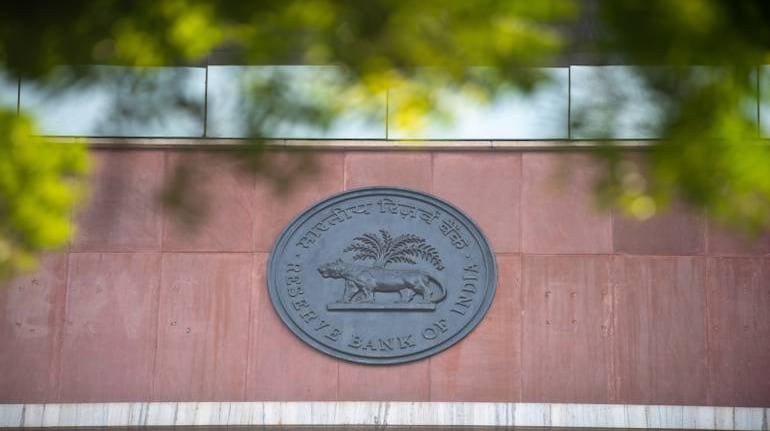



Offline payment aggregators (PAs) who aid in face-to-face transactions at merchant outlets will now come under the regulatory purview of RBI, Governor Shaktikanta Das announced on Friday.
"Keeping in view the similar nature of activities undertaken by online and offline PAs, it is proposed to apply the current regulations to offline PAs as well," Das said after announcing the bi-monthly policy review.
Das said there will be "convergence on standards of data collection and storage" after the move, meaning that such companies will not be able to store details like those of credit and debit cards of a customer. The Governor said PAs play an important role in the payments ecosystem and hence were brought under regulations in March 2020 and designated as Payment System Operators (PSOs).
However, the current regulations are applicable only to PAs processing online or e-commerce transactions, he said, adding that they do not cover offline PAs who handle proximity/face-to-face transactions and play a significant role in the spread of digital payments.
A number of only-offline players have already applied for the PA license and some have received in-principle approval from the RBI for the licenses. Moneycontrol has previously reported that online and offline payment providers like Razorpay, Pine Labs, Innoviti, Easebuzz, Cashfree, Stripe, MSwipe, NTT Data Payment Services and 1Pay Mobileware have received RBI's nod.
Now, only offline payment providers like BharatPe, Pay Swift who did not earlier seek the license will also have to apply. Further details are awaited from the regulator on application deadlines.
A host of online players including PhonePe, BharatPe, Cred, Tata Group, Amazon, Reliance Industries, Zomato too applied for the license by the deadline of September 20, 2021.
For e-commerce and other players, in the absence of the license, they will either have a tie-up with a bank that can aggregate payments on their behalf, driving up costs for payment collections services. Or, they will have to depend on a PA, leading to more business for these licensed entities
A PA provides payment services for merchants and e-commerce sites by accepting payment instruments from customers. As part of the process, they pool the funds received from customers and transfer them to merchants after a certain time.
Payment gateways, on the other hand, simply provide technology services to businesses for processing transactions. They do not have any involvement in handling of funds.
Similarly offline payments providers facilitate payments through Point of Sales (PoS) machines, tap and pay and Quick Response (QR) Codes.
Meanwhile, Das also announced that the criteria for regional rural banks (RRBs) to be eligible to provide internet banking to their customers are being rationalised.
The RRBs are currently allowed to provide Internet Banking facility to their customers with prior approval of the Reserve Bank, subject to fulfilment of certain financial and non-financial criteria, he said. Das said the decision has been taken keeping in view the need to promote the spread of digital banking in rural areas and added that guidelines will be issued on the same soon.
With inputs from PTI.Discover the latest Business News, Sensex, and Nifty updates. Obtain Personal Finance insights, tax queries, and expert opinions on Moneycontrol or download the Moneycontrol App to stay updated!
Find the best of Al News in one place, specially curated for you every weekend.
Stay on top of the latest tech trends and biggest startup news.